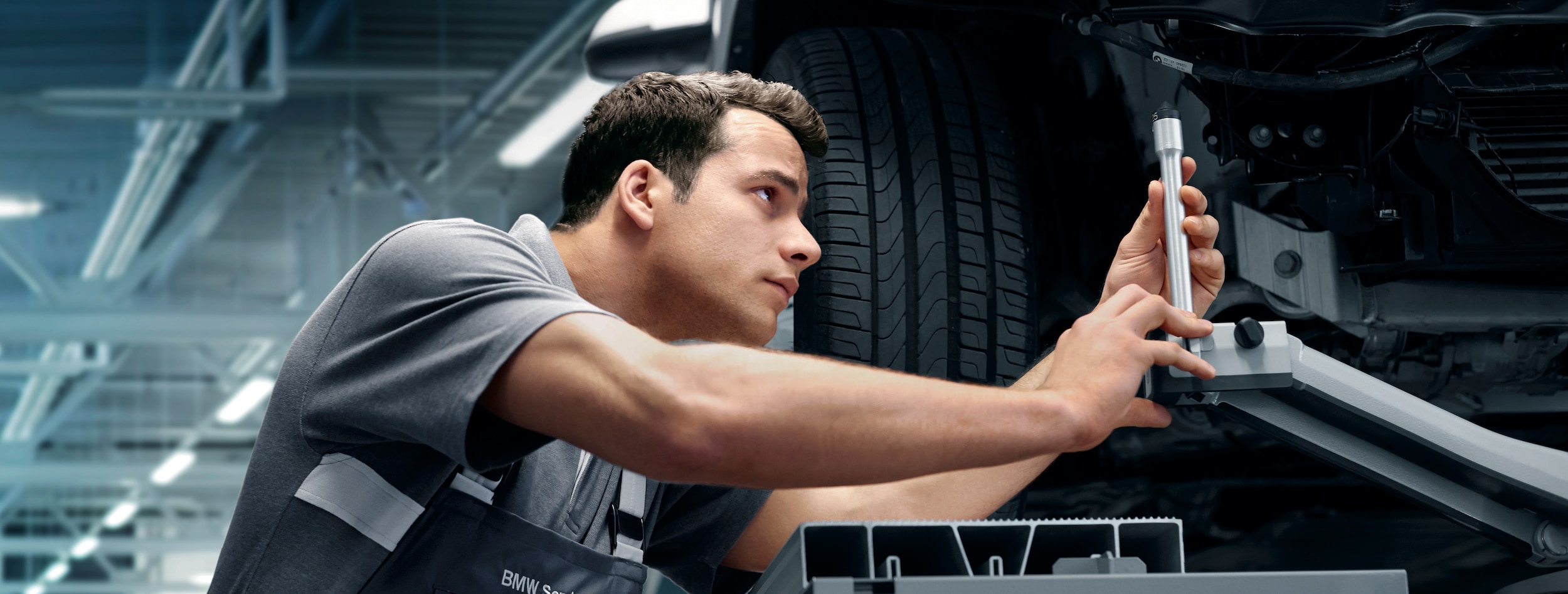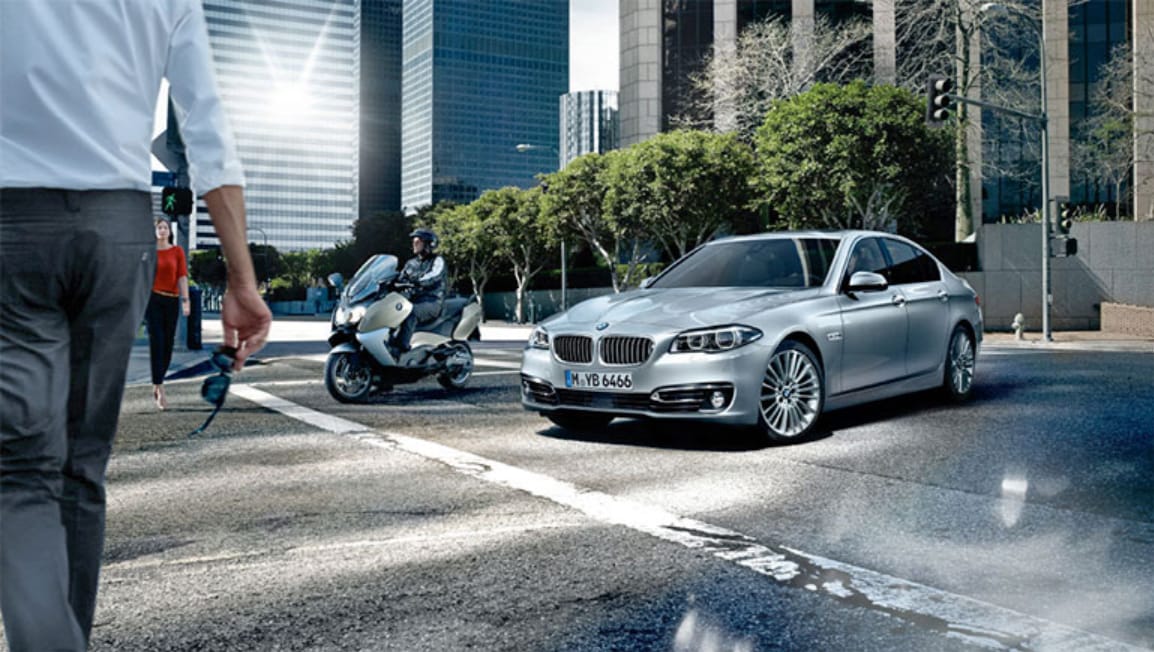If you’ve ever wondered whether a BMW can go the distance, you’re not alone. Many shoppers in Matthews, Concord, or Waxhaw are eyeing used BMWs but want to be sure they’re not buying into a money pit.
So—how many miles can a BMW last?
Most BMWs can last between 200,000 and 250,000 miles with routine maintenance, while certain engines like the M54, N52, and B58 often exceed 300,000 miles with care. Verified examples include million-mile endurance builds and owner-driven high-mileage legends.
We’ve gathered insights from top sources like J.D. Power, Consumer Reports, and CarEdge, along with decades of real-world BMW ownership experience, to help you make a smart, confident decision.
In this guide, you’ll learn which BMW engines last the longest, how to spot a solid high-mileage deal, and what maintenance keeps these cars running strong; whether you’re shopping used in Charlotte Metro or stretching your BMW’s life in Marvin or Mooresville.
Now let’s explore what makes BMWs uniquely suited for long-term ownership, and what you need to know before buying one with six figures on the odometer.
Used BMWs offer a rare blend of luxury performance and smart resale value, especially after their steep initial depreciation. Even with over 100,000 miles, these vehicles retain their signature balance, handling, and refined interiors that rival newer models.
For buyers in South Charlotte or in nearby Cornelius or Gastonia, that means getting European-class driving dynamics for less than the price of a new mainstream car. It’s why used BMWs continue to be a favorite among value-conscious performance seekers.
From million-mile E30s tested under lab conditions to 500,000+ mile M5s driven daily, the high-mileage BMW isn’t a myth—it’s a well-documented reality.
Long-term durability comes down to engine family, maintenance history, and how the car is driven—not reputation alone. Simpler, naturally aspirated models like older 3 Series and 5 Series sedans often outlast more complex turbocharged setups.
And for local drivers clocking steady highway miles between cities, BMWs are particularly well-suited to rack up serious mileage with minimal drama. With preventive maintenance and smart ownership, even a BMW nearing 275,000 miles can continue to run confidently across North Carolina’s open roads.
If you want your BMW to run past 200,000 miles, maintenance isn’t optional—it’s the key to longevity. Skipping key services or stretching intervals too far is where most high-mileage problems begin. Fortunately, staying ahead of known wear items can make a massive difference; especially in regions like East Charlotte, Matthews, or Concord. where seasonal changes and road conditions vary widely. Here are the most important maintenance tasks to prioritize:
The key is to find a car that’s been properly serviced, not neglected. Look for a documented maintenance history, avoid cars with tuning modifications, and inspect for signs of oil leaks or corrosion. A high-mileage BMW that’s been loved will outperform many newer mainstream alternatives, and often feels more composed on the road.
If you've read this far, you already know the answer: a BMW can last well beyond 200,000 miles, and in many cases, much more. What matters most isn’t the badge on the hood, but the service records behind it, the way it's been driven, and how well it’s been maintained. With the right care, even a high-mileage BMW can offer more performance, precision, and long-term satisfaction than many new cars on the market today.
At Hendrick BMW Certified Pre-Owned South Charlotte, we understand what makes a used luxury vehicle a smart buy, not just a stylish one. Whether you're commuting from Richlands or heading out to New Bern on the weekends, we’ll help you find a vehicle that fits your lifestyle and stands the test of time. Our team can walk you through BMW service history, common inspection points, and how to shop with confidence. We’re here to ensure you get long-term value, not long-term headaches.
Stop by today at 9029 South Blvd., Charlotte, NC 28273, or give us a call at (704) 307-4918 to set up a test drive or pre-purchase inspection. Let’s help you drive home in a BMW that’s built to go the distance, and backed by a dealership that’s with you every mile of the way.
So—how many miles can a BMW last?
Most BMWs can last between 200,000 and 250,000 miles with routine maintenance, while certain engines like the M54, N52, and B58 often exceed 300,000 miles with care. Verified examples include million-mile endurance builds and owner-driven high-mileage legends.
We’ve gathered insights from top sources like J.D. Power, Consumer Reports, and CarEdge, along with decades of real-world BMW ownership experience, to help you make a smart, confident decision.
In this guide, you’ll learn which BMW engines last the longest, how to spot a solid high-mileage deal, and what maintenance keeps these cars running strong; whether you’re shopping used in Charlotte Metro or stretching your BMW’s life in Marvin or Mooresville.
Now let’s explore what makes BMWs uniquely suited for long-term ownership, and what you need to know before buying one with six figures on the odometer.
How Many Miles Can a BMW Last?
- BMWs can reliably hit 200,000 to 300,000 miles with disciplined maintenance, especially models with inline-six or diesel engines like the M54, N52, B58, or M57.
- Preventive care is the secret weapon. Skipping oil changes, ignoring timing-chain guides (on N20 engines), or postponing gasket fixes will cost far more later.
- A high-mileage BMW isn’t a red flag, it’s an opportunity. With detailed service records, proper inspections, and smart driving habits, you can enjoy luxury performance at a fraction of the new-car cost.

Why Drivers Love Used BMW Vehicles
Used BMWs offer a rare blend of luxury performance and smart resale value, especially after their steep initial depreciation. Even with over 100,000 miles, these vehicles retain their signature balance, handling, and refined interiors that rival newer models.For buyers in South Charlotte or in nearby Cornelius or Gastonia, that means getting European-class driving dynamics for less than the price of a new mainstream car. It’s why used BMWs continue to be a favorite among value-conscious performance seekers.
How Long Do BMW Vehicles Really Last?
Most BMWs are capable of lasting 200,000 to 250,000 miles with routine maintenance, and many push well past that with the right care. Models equipped with inline-six engines like the M54, N52, or B58—and diesel workhorses like the M57 or B57—frequently reach 300,000 miles or more.From million-mile E30s tested under lab conditions to 500,000+ mile M5s driven daily, the high-mileage BMW isn’t a myth—it’s a well-documented reality.
Long-term durability comes down to engine family, maintenance history, and how the car is driven—not reputation alone. Simpler, naturally aspirated models like older 3 Series and 5 Series sedans often outlast more complex turbocharged setups.
And for local drivers clocking steady highway miles between cities, BMWs are particularly well-suited to rack up serious mileage with minimal drama. With preventive maintenance and smart ownership, even a BMW nearing 275,000 miles can continue to run confidently across North Carolina’s open roads.
What Affects the Longevity of a Used BMW?
The lifespan of a BMW isn’t determined by luck—it’s shaped by how the vehicle is maintained, driven, and stored. In regions like the Charlotte Metro Area, climate and driving habits play a much larger role than many realize. Even the most reliable BMW engine can fall short of its potential without the right care. Here are the key factors that make or break a BMW’s longevity:- Maintenance Discipline: Skipping oil changes, ignoring service lights, or stretching intervals accelerates wear on timing components and gaskets.
- Engine Type: Inline-sixes like the M54, N52, and B58 are long-lasting. Early N20 turbo-fours, however, need timing-chain guide replacements before 90K miles to stay healthy.
- Driving Habits: Short city trips increase oil dilution and stress components. In contrast, steady highway miles across towns like Waxhaw and Weddington are far easier on the engine and transmission.
- Climate Exposure: Salt air, humidity, and freeze-thaw cycles in eastern NC require proactive rust prevention, especially on rear subframes and rocker panels.
- Warm-Up and Cool-Down Practices: Revving a cold engine or shutting down turbos without cooldown time shortens engine and turbo life.

Smart Maintenance Tips to Maximize BMW Longevity
If you want your BMW to run past 200,000 miles, maintenance isn’t optional—it’s the key to longevity. Skipping key services or stretching intervals too far is where most high-mileage problems begin. Fortunately, staying ahead of known wear items can make a massive difference; especially in regions like East Charlotte, Matthews, or Concord. where seasonal changes and road conditions vary widely. Here are the most important maintenance tasks to prioritize:
- Oil & Filter Changes: Every 5,000–7,500 miles using LL-01 approved synthetic oil to protect timing chains and VANOS components.
- Cooling System Overhaul: Replace water pump, thermostat, hoses, and expansion tank every 80,000–100,000 miles to prevent overheating.
- Valve Cover & Oil Filter Housing Gaskets: These often leak around 80,000 miles, fix early to avoid oil drips damaging belts or electronics.
- Timing-Chain Guide Replacement (N20/N26 Engines): Replace between 70,000-90,000 miles to avoid catastrophic failure.
- xDrive Transfer Case Fluid & Reset: Service every 60,000 miles to prevent binding or clutch chatter in AWD systems.
- Turbocharger Wastegate & Oil Seal Checks (N54/N55): Begin inspections around 120,000–150,000 miles to catch leaks early.
- Suspension Refresh: Control-arm bushings, rear shock mounts, and sway-bar links typically need attention by 100,000-120,000 miles, especially on rougher rural roads.
Is Buying a High-Mileage BMW Really Worth It?
Yes, when you buy smart! A well-maintained BMW with over 100,000 miles can deliver exceptional cost-per-mile performance, especially for drivers who value precision handling and upscale comfort. These cars often sell for a third of their original MSRP yet retain nearly all of their driving character, thanks to quality materials, balanced chassis design, and timeless engineering.The key is to find a car that’s been properly serviced, not neglected. Look for a documented maintenance history, avoid cars with tuning modifications, and inspect for signs of oil leaks or corrosion. A high-mileage BMW that’s been loved will outperform many newer mainstream alternatives, and often feels more composed on the road.

A Final Word on How Many Miles a BMW Can Last
If you've read this far, you already know the answer: a BMW can last well beyond 200,000 miles, and in many cases, much more. What matters most isn’t the badge on the hood, but the service records behind it, the way it's been driven, and how well it’s been maintained. With the right care, even a high-mileage BMW can offer more performance, precision, and long-term satisfaction than many new cars on the market today.At Hendrick BMW Certified Pre-Owned South Charlotte, we understand what makes a used luxury vehicle a smart buy, not just a stylish one. Whether you're commuting from Richlands or heading out to New Bern on the weekends, we’ll help you find a vehicle that fits your lifestyle and stands the test of time. Our team can walk you through BMW service history, common inspection points, and how to shop with confidence. We’re here to ensure you get long-term value, not long-term headaches.
Stop by today at 9029 South Blvd., Charlotte, NC 28273, or give us a call at (704) 307-4918 to set up a test drive or pre-purchase inspection. Let’s help you drive home in a BMW that’s built to go the distance, and backed by a dealership that’s with you every mile of the way.